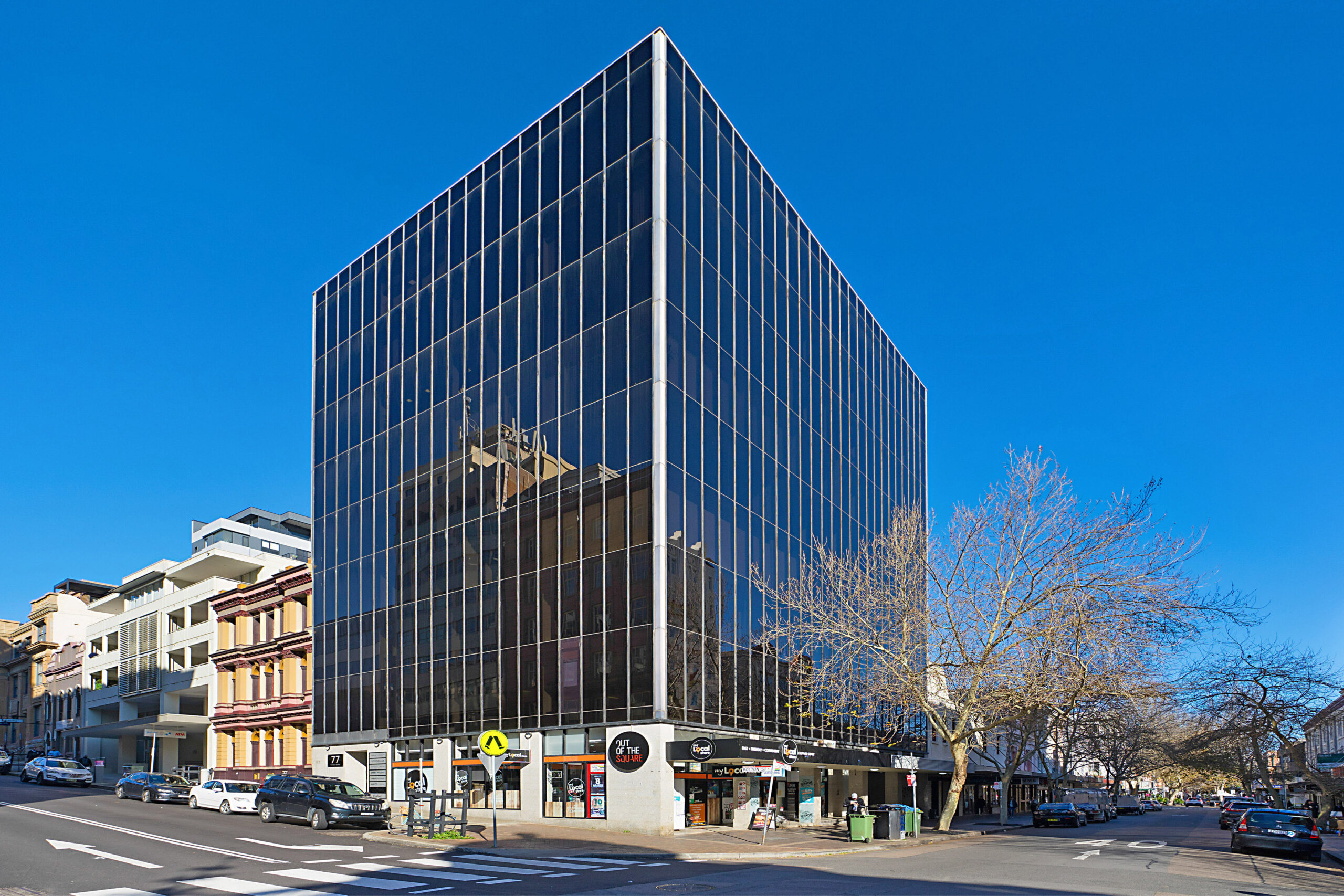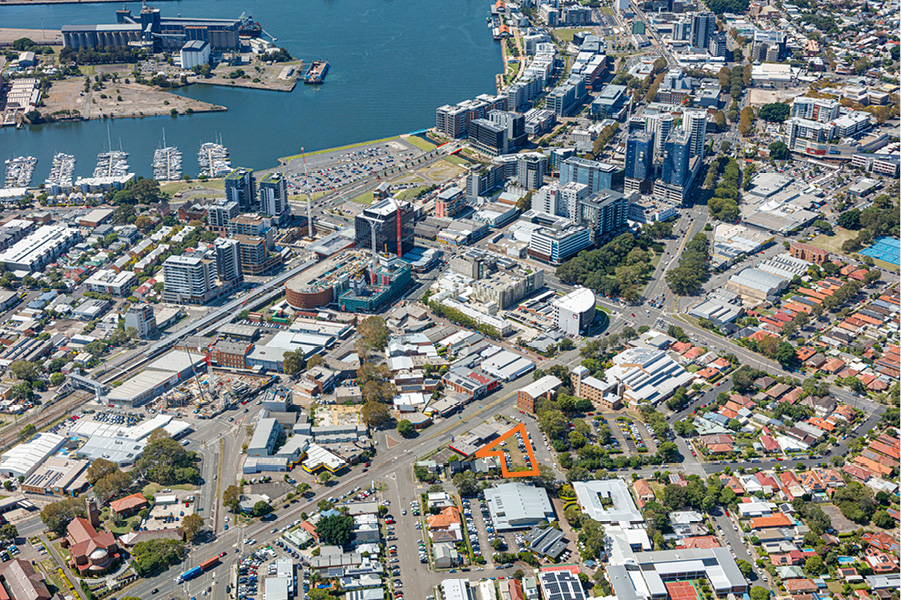
The Newcastle office market: a viable investment amidst shifting demand
In recent years, the Newcastle office real estate landscape has witnessed substantial transformations. Fluctuations in demand and evolving business preferences have introduced a dynamic element to this market, keeping investors vigilant. Widely acknowledged as one of the most dependable in the country, the office market in Newcastle experienced a notable surge in available commercial space, marking a nine percent increase in 2023, the largest single-year expansion on record. However, amidst these evolving trends, a pressing question arises: do offices retain their status as viable investments for both individuals and businesses? Let's explore the intricacies of the Newcastle office market to gain insights into its current condition and prospects for investment.
Vacant possession office sales
Vacant possession office sales have been a focal point for investors eyeing opportunities in Newcastle. The city's real estate market has seen fluctuations in this regard, reflecting the broader trends in the economy and business landscape. While there have been periods of robust activity, there have also been challenges, particularly in aligning supply with demand.
First-grade vs. Secondary-grade offices
A critical distinction in the Newcastle office market lies between A-grade and secondary grade offices. While both categories have seen supply outpacing demand, the factors influencing their attractiveness to owner-occupiers differ. A crucial requirement, particularly highlighted by local businesses, is parking availability. In Newcastle, rates for office spaces vary considerably, influenced by factors such as asset quality and location, especially in comparison to neighbouring areas like Charlestown and Lake Macquarie.
Office leasing dynamics
The leasing landscape for offices in Newcastle presents a nuanced picture. A-grade assets continue to attract significant demand locally, reflecting the preferences of established businesses for high-quality spaces. On the other hand, B-grade offices have seen an uptick in local inquiries, primarily driven by businesses experiencing rapid growth. Despite a current vacancy rate of 11.5% for B-grade spaces, there's an expectation of a potential increase, indicating a need for careful consideration by investors.
C-grade office space: Opportunities for repurposing
C-grade office spaces, often in need of refurbishment or repurposing, present unique opportunities in the Newcastle market. These properties garner interest from start-ups and small businesses looking for cost-effective solutions. With a current vacancy rate of 14.4%, which is lower when compared to 2022, and a projected decrease in supply, C-grade offices hold promise for investors seeking potential growth opportunities at a lower cost than the higher-grade office asset options.
Future outlook
The office market in Newcastle remains a dynamic arena for investors and businesses alike. While challenges exist, such as aligning supply with demand and addressing evolving preferences, opportunities exist for those willing to navigate the intricacies of this market. From A-grade assets commanding high demand to the potential for repurposing of C-grade spaces, there's a spectrum of investment avenues to explore.
Ultimately, the viability of investing in offices in Newcastle hinges on factors such as asset quality, location, and the ability to adapt to changing market dynamics. By staying attuned to local trends and leveraging insights into demand drivers, investors can make informed decisions to capitalise on the opportunities presented by this dynamic market.





